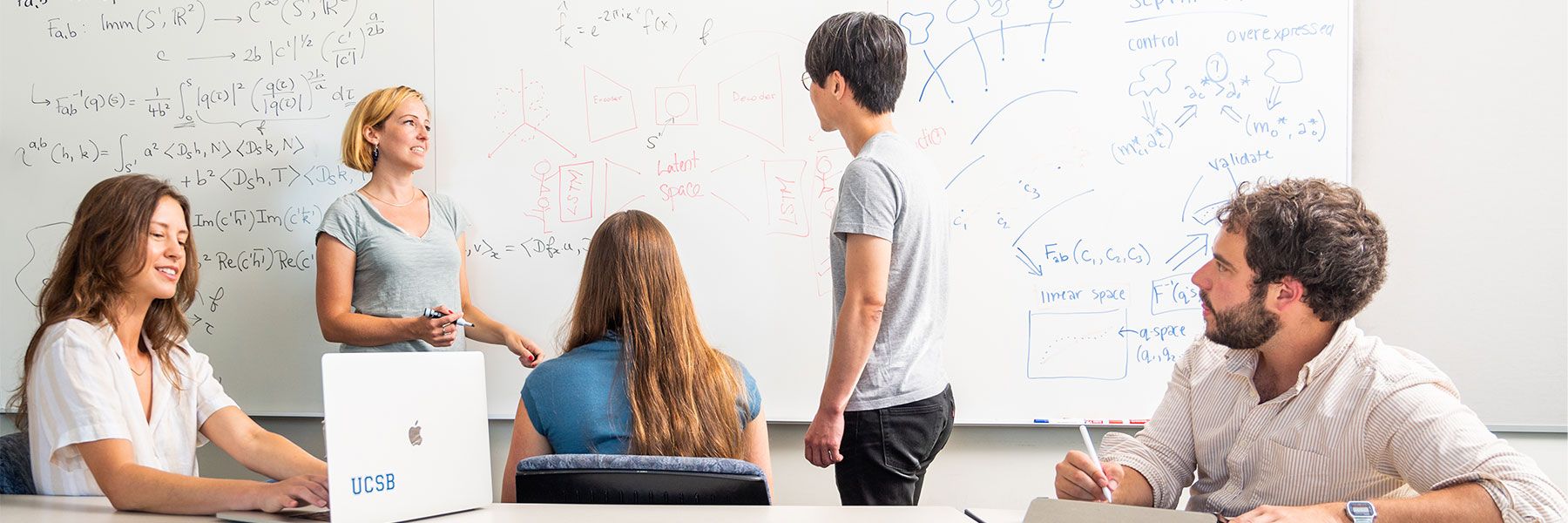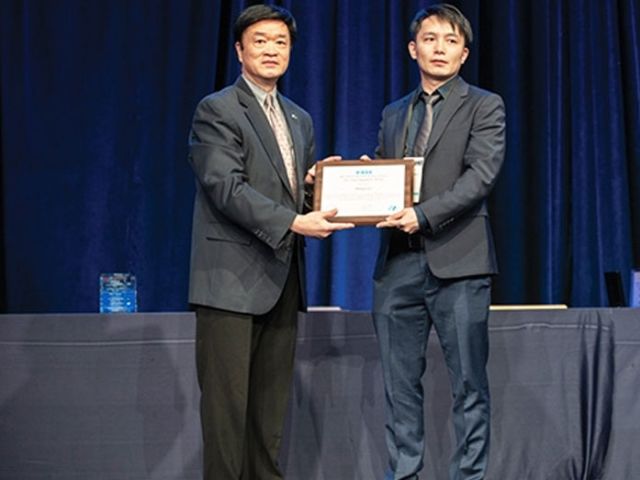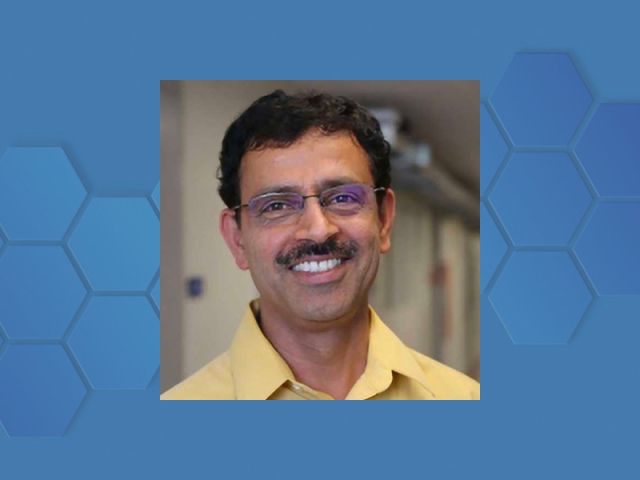Program Overview
Graduate studies in ECE are broad and encompass many diverse areas such as computers and digital systems, control, communications, electronics, signal processing, electromagnetics, electro-optics, physics of electronic devices, and device fabrication.
As in most areas of engineering, knowledge of mathematics and the natural sciences are combined with engineering fundamentals and applied to the theory, design, analysis, and implementation of devices and systems for the benefit of society.
ECE’s research is focused in four areas and offers MS and PhD degrees in three major program areas of research: Communications, Controls & Signal Processing (CCSP), Computer Engineering (CE), and Electronics & Photonics (EP). In addition, graduate students determine and choose their program of study and will work with a faculty.
Note: the research area of Control Systems is combined with Communications and Signal Processing.
Graduate Degree Requirements
All graduate degrees have a set of requirements that must be fulfilled for UCSB to grant a degree:
- UCSB Graduate Division: requirements common to all graduate programs
- Electrical and Computer Engineering Department: requirements vary according to program area (CCSP, CE, and EP)
Degree requirements for the three areas are intended to be flexible so the program of study can be tailored as much as possible to the needs and interests of the student and they may petition for a variation or waiver of any given requirement.
Requirements are sometimes altered to accommodate for technical, academic, or administrative changes. However, students are held to the requirements in effect when they enter the ECE graduate program unless they have written permission for an exception by either the UCSB Graduate Division or ECE Department.
Further information on requirements and procedures may be obtained from the UCSB Graduate Division, ECE Graduate Student Office, and the Masters of Science and Doctor of Philosophy sections of this website.
The student is also expected to read relevant sections in the:
- ECE Graduate Student Survival Manual (year of entrance)
- UCSB General Catalog
Financial Support
- Graduate Student Researcher (GSR): graduate students who assist faculty members with scholarly research
- Teaching Assistantships (TAships): apprentice under the active tutelage and supervision of a faculty member
- Fellowships: funds provided to support the living and educational expenses of graduate study
- Financial Aid via the Financial Aid Office: funding intended to help students pay education expenses such as tuition and fees, room and board, books and supplies, etc.
ECE PhD Defenses
- Feb 26 (Thu) @ 9:00am: "High Power Quantum Dot Gain on Silicon by Heterogeneous Micro Transfer Print Integration," Diya Hu, ECE PhD Defense
- Mar 3 (Tue) @ 10:30am: "On the Role of Structure in Deep Learning: Approximation, Generalization, and Optimization in High Dimensions," Vamshi Chowdary Madala, ECE PhD Defense
Leadership
- Elaheh Ahmadi, ECE Associate Professor & Vice Chair of Graduate Studies
- Erika Klukovich, Student Affairs Manager
Trailer 697, Rm 101
erika@ece.ucsb.edu - Ian Hall, ECE Graduate Admissions Coordinator
Trailer 380, Rm 101
grad-admit@ece.ucsb.edu
Office Location: Trailer 697, Room 101
Areas of Research
- CCSP, CE and EP
-
- Communications, Control & Signal Processing (CCSP)
-
NOTE: ECE research areas Control Systems and Communications & Signal Processing are combined for the graduate degree
- Biomedical Signal and Image Processing, Imaging Systems
- Computer Vision, Pattern Recognition and Machine Learning
- Distributed Computation
- Multi-Agent Systems, Robotics
- Signal Processing Fundamentals and Algorithms
- Multi-Agent Systems, Cooperative Control and Game Theory
- Scientific and Engineering Computation Algorithms
- Computer Graphics and Computational Photography
- Cyber-Physical Systems, Network Control and Power Systems
- Information Theory and Rate Distortion, and Multimedia Data Compression
- Next Generation Wireless Communication
- Robotics and Locomotion
- Nonlinear, Hybrid and Robust Control
- Computer Engineering (CE)
-
- Computer Systems Architecture
- Computer Networks and Distributed Systems
- Computational Models, Algorithms, and Analysis
- Graphics and Image Processing
- Very Large Scale Integration and Computer Aided Design
- Software Systems
- Scientific Computation
- Machine Intelligence
- Electronics and Photonics (EP)
-
- Compound Semiconductors and Widebandgap Semiconductor Technologies
- Electromagnetics, Optics and Antennas
- Growth and Properties of Electronic Materials and Quantum Structures
- Integrated Micro-Electro-Mechanical Systems (MEMS) and Micromachining Technologies
- Modern Device and Int. Circuit Processing and Fabrication
- Opto-Electronic Devices and Photonic Integrated Circuits
- Quantum Mechanics and Solid-State Physics
- Quantum Electronics and Nanoscience
- RF/Wireless Electronics Systems
- RF and Optical Communications
- Semiconductor Device Physics
- Optical Communication Networks
- Solid-State Lighting and Displays
- Ultra High-Speed Devices and Circuits
- Photonics and Nanophotonics
Faculty Advisors
- Research Our Faculty
-
Each student has an advisor, whose area of research and technical interests coincide. Advisors are available for consultation, guidance, and feedback on students' course selection, technical programs, and research topics.



